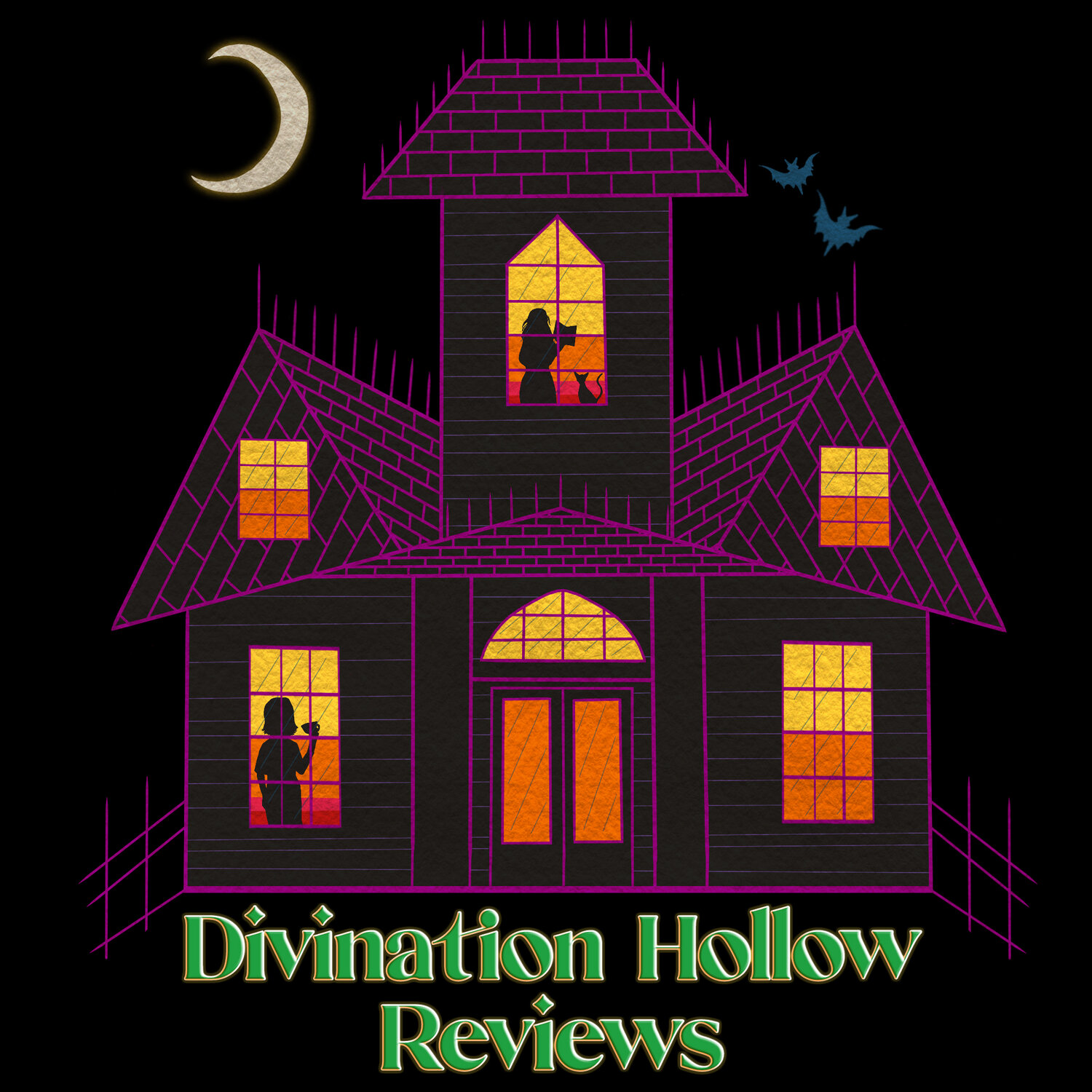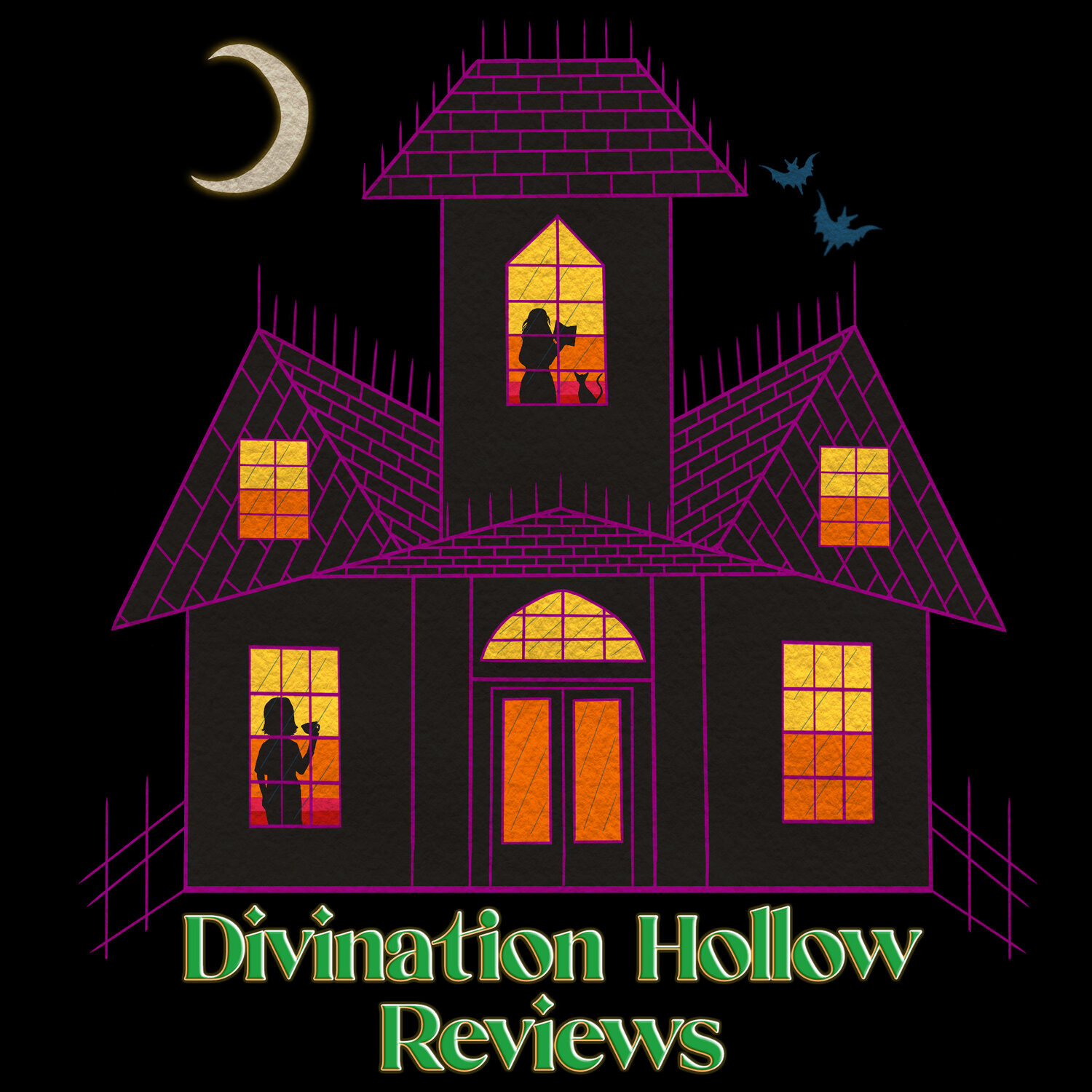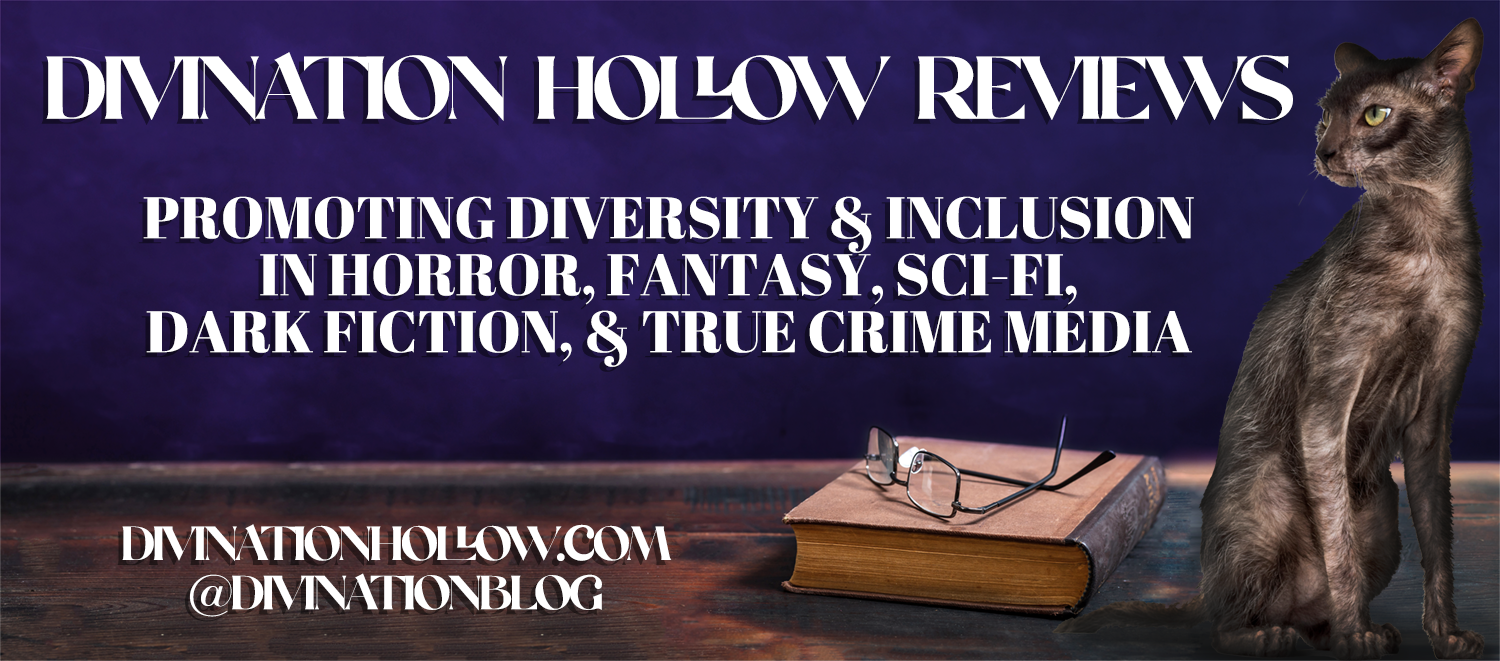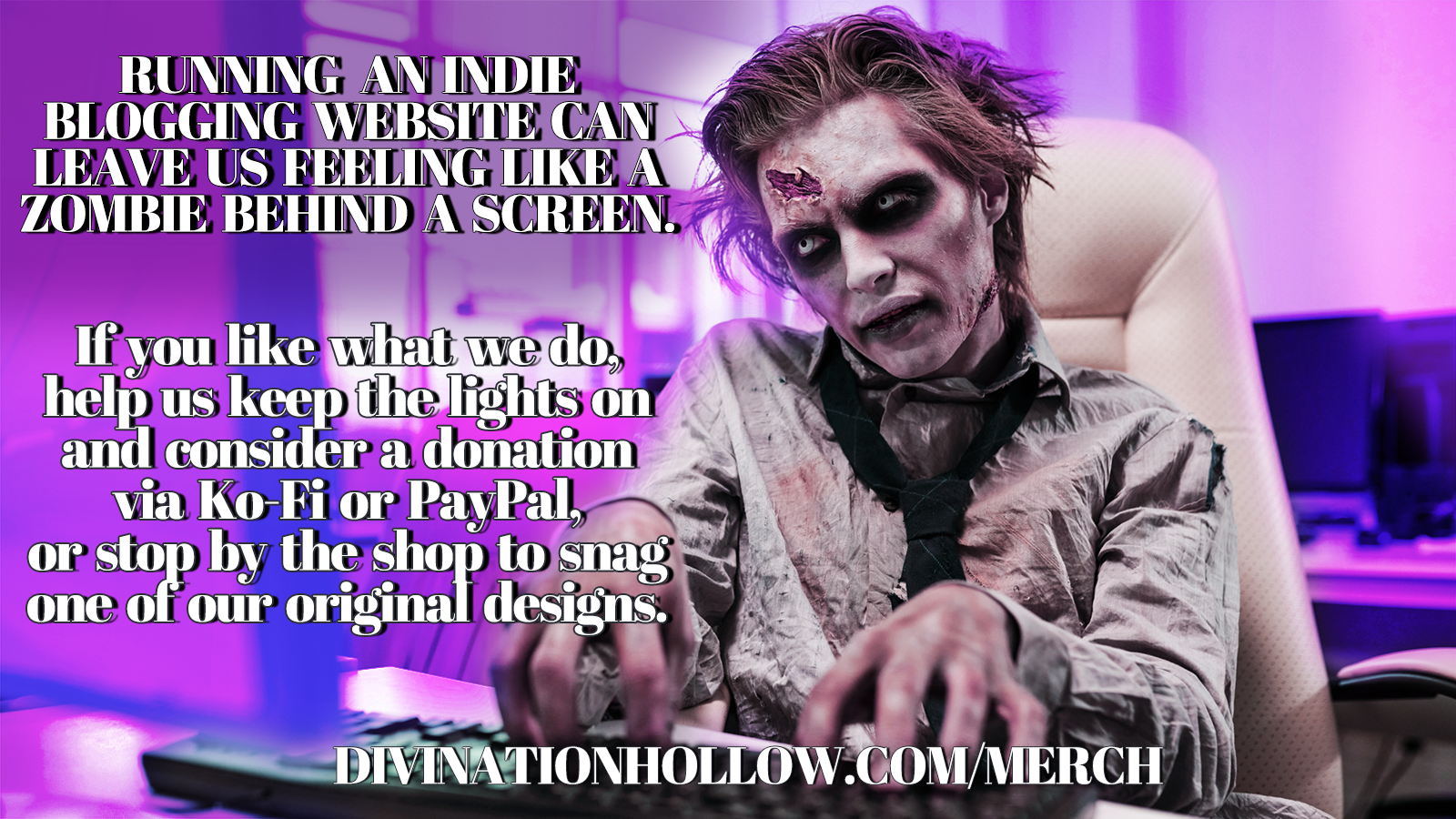Small Press Red Flags
It’s fair to say there have been many issues with small presses and indie publishers over the years, and in horror especially it seems we’ve seen pop up and disappear, or make some strides before something happens and, ultimately, writers are left to pick up the pieces. There are many different reasons this happens, and sometimes it’s just luck of the draw; nothing can be done to prevent it, and there’s no signs to point to. However, occasionally there are red flags, ones that others in the community might see before writers even realise the path they’re heading down.
The fact is, I know multiple people who have been, in some way, burnt by small presses. I’ve seen people go from so excited, over the moon at having their book out in the world, to feeling dejected and crushed post-publication. The worst thing is this isn’t even unique to small presses and indie publishing; there definitely seems to be a trend in horror of thinking we must be The Worst. Some days, the trend is that We Are the Best, and indie horror represents Everything Great About Books. But the reality is nuanced and murkier than either of those.
Over the years, just as I have noticed red flags with particular people in indie horror – and there are so many shitty people still in indie horror – I’ve noticed it with presses, too. As stated above, this isn’t unique to horror, or unique to indie spaces, but as a writer/reviewer/editor, you kind of get a strange, broad insight into the genre, one I think people who are solely writers don’t necessarily consider. Not through any fault of their own, but they don’t have access to information the same way others do. Let’s face it, if we combined the knowledge of, say, those who ran big review sites with those who ran small review sites and individual bloggers, added in a dash of those who work professionally in these spaces, and throw in a dollop of writers, we’d get a pretty good idea of just how bad it really is out there.
But not everyone can be paying attention to everything all the time. In isolation, I don’t think each of the individual red flags I’ve highlighted below is enough to throw a whole press out, but ultimately, it’s down to the writer and what they’re comfortable with, and who they’re comfortable with. However, writers often don’t have access to a whole ton of information, and similarly, reviewers might not be aware of the behind-the-scenes issues writers have faced. It’s easy enough to identify when a press is publicly being scummy, and nothing makes the community jump up and down quite like folks not being paid. But by the time these issues come to light, there’s already a ton of hurt and headaches caused along the way. Hopefully, these ‘red flags’ will help folks make slightly more informed decisions, and serve to highlight the indie presses that are doing great work out there.
It's a grim, dangerous landscape out there, and we owe it to ourselves to choose best presses to work with, to hand our work to, and to review. Everyone makes mistakes, on all ends of the publishing landscape, but ultimately, in a lot of these instances, the power lies with the press, so hopefully some of them will be paying attention, too.
No About Information
There might be very valid reasons for a press not giving out a lot of contact information, and that is absolutely fine, but for me, if I don’t know who runs a press, or who is involved with it, it’s not somewhere I feel safe sending my work to. There are certain people in horror who, for whatever reason, make me feel uncomfortable or uneasy, and it’s too much of a big risk. On the other hand, if I see there’s someone who works for a press – whether running it, dealing with social media/marketing, an editor etc – who I feel positively towards, it’s going to make me keen to not only submit my work to them, but know that there’s an informed judgement behind every decision, and nothing shady is going on. There can also be a fair bit of cross-pollination in horror, with many different hats worn, and I think being upfront about who you are goes a long way to enabling writers, reviewers and more to engage with the company.
Who They Publish
This is crucial for so many different factors it’s hard to go into them all. But really consider the people published by that press – are they people whose values align with yours? Are they writers you respect and admire? Is it all established white male voices, or is this more of a mixture of writers at different levels? It’s always worth considering the long term, too – do this press pick up the odd ‘marginalised’ voice, publish one book and call it a day? I definitely feel you can tell a lot about a press by who they choose – and don’t choose – to publish, and it’ll be very revealing if, say, they talk about wanting marginalised voices but don’t seem to publish any of them.
Again, there are different factors regarding who is on a press’ roster – I think if a press is fairly new, there might just be one, two, three authors while they work on getting things going. However, I’d suggest that unless you already have some sort of relationship with the people running it (even if it’s just being mutuals on social media or having followed them for a while and knowing they’re a person you can trust!), that such a low number of books might indicate it’s worth holding back to see how they do with those initial books, before handing over your own. Which brings me to…
Marketing
How much marketing are they doing per book? How do they market the books? Is there a decent amount of ‘buzz’ generated between announcement and release day? Most importantly, are you comfortable with their style of marketing? I think, sometimes, we overlook things that initially don’t seem like a ‘big deal’ because we’re so keen to have our books out there. For some folks, little-to-no-marketing isn’t a deal breaker, because maybe they’re tech savvy and have already mastered a lot of the marketing side, but others want to write and not have to worry about blog tours or ads or posting every day to make sure people see their book. Every writer (sorry!) will have to take on board some level of marketing, but again, you need to weigh it up with your own personal needs.
Who Do They Work With?
This can be as important as who they publish, and it kind of falls under the ‘about’ information thing too, but this also includes people outside the press itself. Some small presses will regularly have reviews with certain sites/bloggers, or they may use specific freelance cover artists, editors, etc. This is important from a writer’s point of view because in handing over your work, you might end up working with those people. I’m not saying you have to do a deep dive on anyone, but even from something like the style of their cover designer(s) to whether your values, again, align with the people who promote their books. On the other hand, if the press seem very close to someone you, say, had a disagreement with that really soured you on them, you might want to reconsider. Or check how big their pool is! It’s your work, so you want to make sure you’ve completely comfortable with who you’re handing it over to.
What Do Others Say?
Again, this does tie in with the others, but it’s worth mentioning. It’s also another good way to check if the publisher aligns with your values (again). What do people say about them on social media? Do you see a lot of support, from various levels? What are people (publicly) saying about them online? If, for example, you really admire a writer who has been published by a particular press, but the two never interact on social media and the writer only ever promotes their book rather than engaging with the press, does that tell you something? Did your favourite review site used to review a lot of their books, then suddenly stopped? There might be a totally innocent reason for this, but there are very few people in this community who would be against being approached and just asked for their opinion on a press/publisher (if you’re respectful, of course!), as many of us would rather someone ask than get caught, later, in a situation where their book disappears or they have to pull a book because a publisher has been caught out for being bigots, or difficult to work with, etc.
What about the reviews of their books? This is important, too! If reviews all mention typos and errors, across the board, what does that mean for their editing process? If they publish 3 books a year and reviewers note 2 of them were fatphobic/racist/sexist etc, are you comfortable with your book being published alongside these?
The fact is, horror is an ecosystem. It requires a lot of folks supporting each other across the board, and if you want to be published by an indie publisher, you need to do your research. That isn’t to say things are always obvious, but over the years I have seen various dodgy presses rise up and implode, and from my own observations I’ve seen some of these red flags waved while some remain oblivious or, worse, just don’t care, because they just want their work out in the world. For me, however, the most crucial thing is for writers who do care to be aware, because your writing is yours, and there needs to be due diligence regarding who you send it to.
Sometimes, other factors impact a press’ ability to thrive, and sometimes these places go under because of issues outside their control, and the signs aren’t always there. However, what does feel crucial is seeing someone has a track record, knowing how they can help you and your book, and weighing up the pros and cons for yourself. So much of this is reliant on your own personal comfort, and there is a lot of support for writers who find their projects suddenly homeless. This isn’t a case of picking between right and wrong, but giving you and your work the best chance it can possibly have.
What I would emphasise is to be vigilant; we can’t be 100% correct, all the time, but by doing some research and being aware of your own values really can make the difference between your book being successful with a press you can feel proud to be part of, and seeing your book disappear into the ether because a press doesn’t give it the care and attention it deserves, or because the press themselves implode when information comes to light.
By Elle Turpitt
Twitter: @elleturpitt
www.elleturpittediting.com



